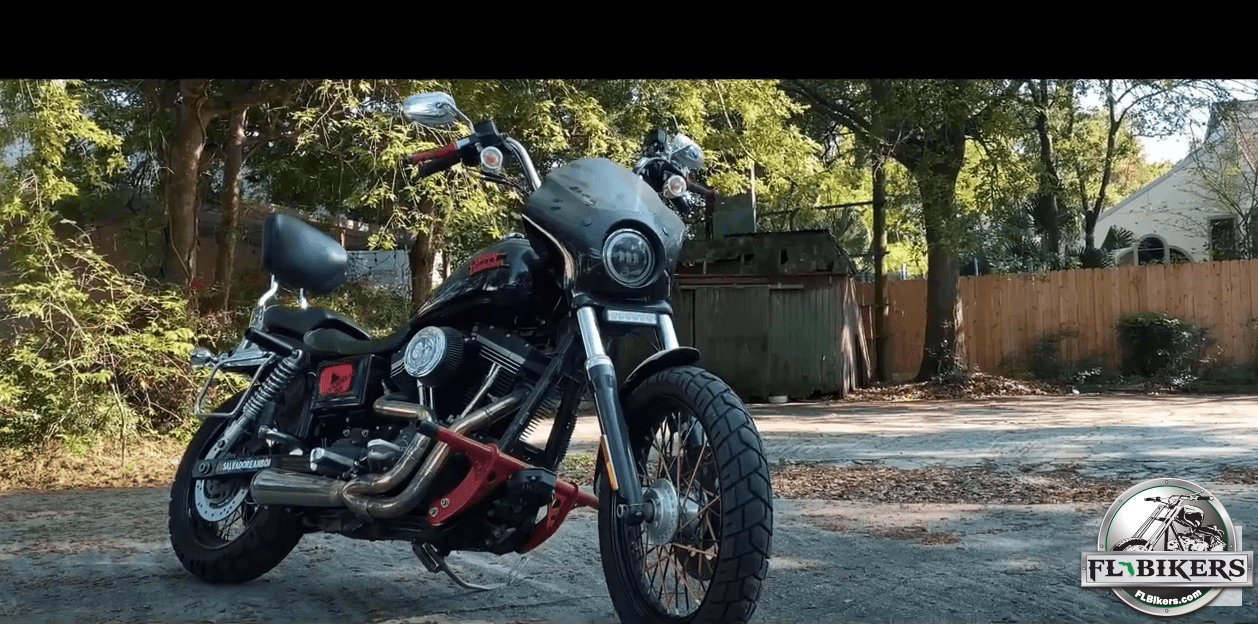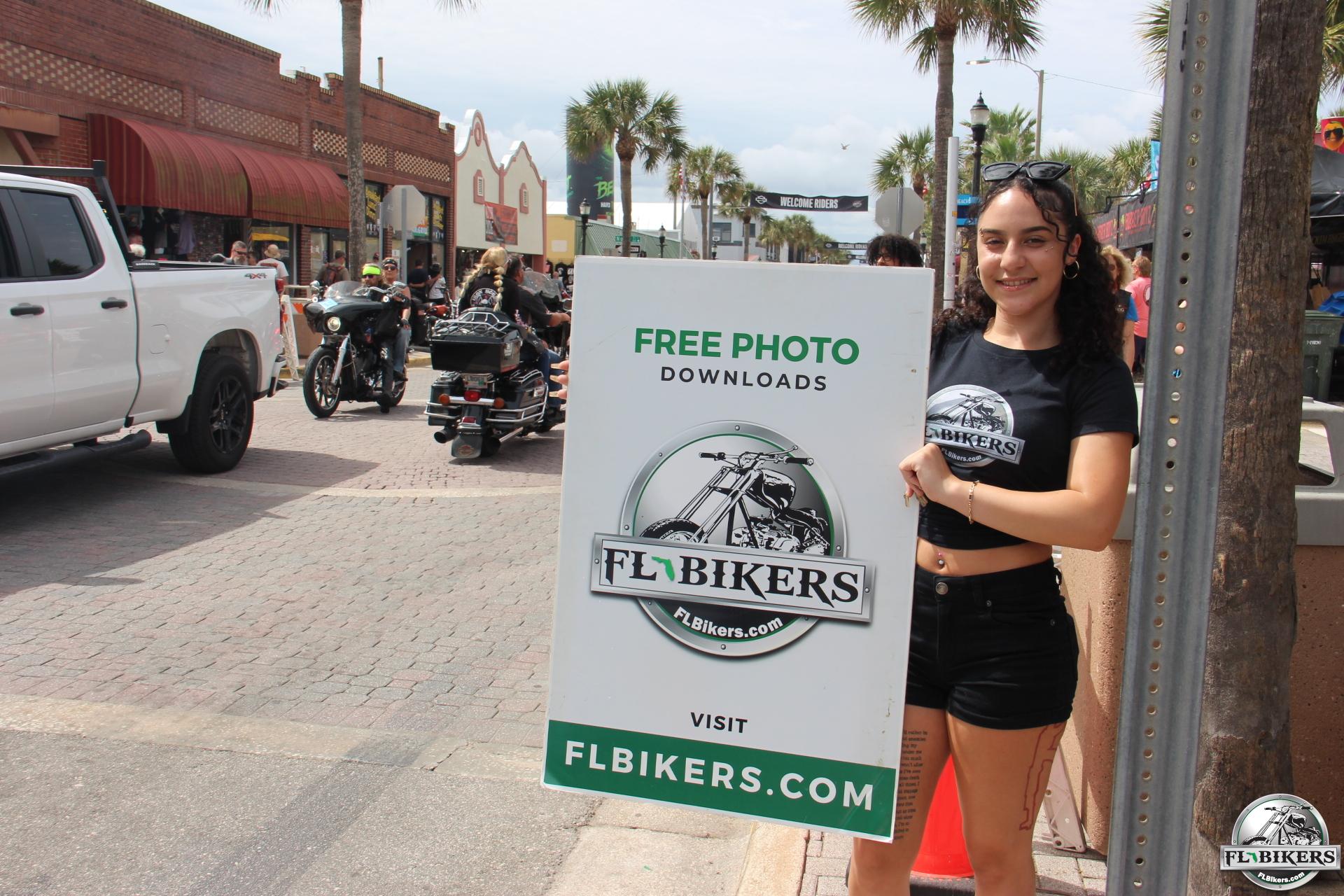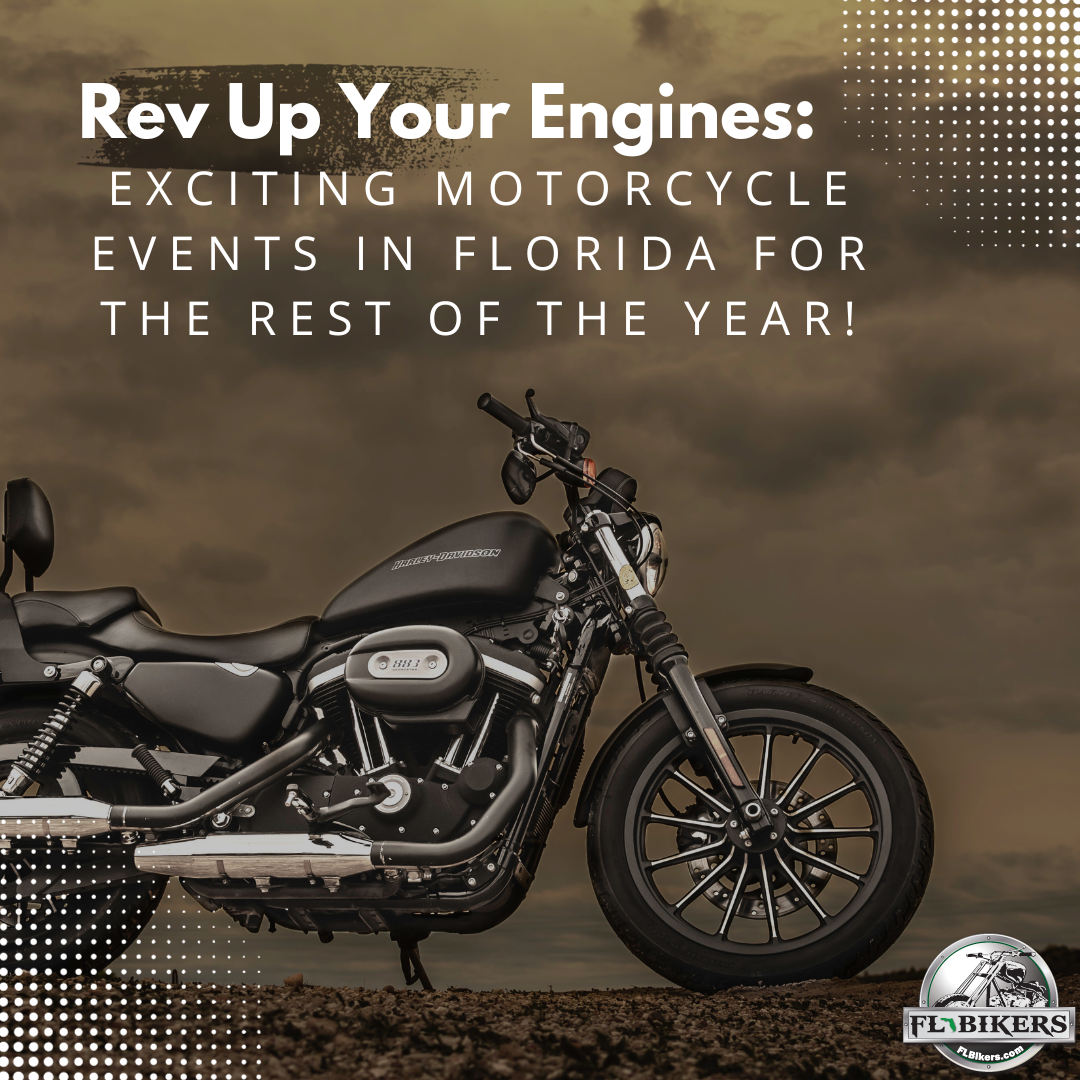Knowing the law is the same as knowing your rights. Next time you get pulled over by a cop instead of arguing what you think to be the law, brush up on a few overlooked riding laws in the state of Florida that could get you in some trouble (even if only financially) should the fuzz pull you over on a Sunday ride.
1. Having a driver’s license isn’t enough
To lawfully drive a two-wheeled motorcycle in the state of Florida you need more than just a driver’s license. If you’ve been riding around Florida for years you should already know this, but in case you don’t, then we’re here to tell you that legally you need to get a motorcycle endorsement in addition to a driver’s license to ride a motorcycle. Getting this endorsement involves attending a specialized training course. If you get pulled over and don’t have this endorsement, you’re going to have to pay the price.

motorcycleendorsementtoocool.com
2. Helmets aren’t legally required
A cop can’t pull you over for riding without a helmet in the state of Florida because, in Florida, it’s legal to ride without one. As long as you’re over 21 years old and have at least $10,000 in medical insurance benefits, you can legally ride without a helmet. The only thing you do need to have on your head is some form of eye protection (sunglasses work just fine as far as the law is concerned). Florida’s stance is a little more laissez faire than other states because there is currently no concrete evidence that helmets save riders’ lives in the event of a crash.
However, the state’s lax helmet laws create a bit of legal gray area when it comes to establishing negligence in the event of an accident between motorcyclists and 4-wheel vehicles. This is only important if you do get in an accident, but it’s worth being aware of since proof of negligence in crash victims can reduce the amount that needs to be paid by the at-fault party (i.e. the driver of the car who crashed into you). Our recommendation, get a lawyer who’s worked with helmet-less riders before and knows their way around the legal & insurance systems.

motonetworks.com.png
3. You can’t wear earphones
Florida law 316.304(1) specifically prohibits riders from wearing any kind of headset, headphone, or other listening device while riding a motorcycle. If your bike has a stereo, this doesn’t affect you. If it doesn, though, you should know that Florida law 316.304(2c) makes an exception for headsets that are installed in/on a helmet. So you can still listen to music while you ride if you get a helmet with bluetooth capabilities or purchase a bluetooth headset that can be installed directly onto the helmet. This law is mostly just nitpicking about whether or not the listening device you’re using is directly in your ear or not. If not, you should be good to go.

4. You can’t modify your exhaust or add ape hangers to your bike if you’re riding in Florida
Ape hangers (handlebars that extend higher than shoulder height) are not allowed in the state of Florida. Even though some riders believe these kinds of handlebars create a more comfortable riding experience, you’ll have to forego that comfort if you want to ride legally in Florida. Otherwise, if you get pulled over, you can expect to get a ticket for your handlebars.
Another popular modification, exhaust pipe mods, are considered illegal in the state of florida. You better like the factory exhaust on your bike, because if you want to ride worry-free, you’ll have to leave it exactly how it is.

apehangers
5. Motorcycles aren’t allowed to run a red light
You’re probably thinking, “yeah no shit.” But just hear us out.
First, you need to understand that there are two kinds of traffic lights: timed and demand actuated. Timed lights change at regular intervals. The newer kind, demand actuated, however, don’t change unless the sensors that have been installed underneath the asphalt are activated. The issue for motorcycles is that these sensors are configured specifically to detect cars and can sometimes miss motorcycles completely.
While some states allow motorcycles to run a red light at these kinds of traffic stops, Florida does NOT. If you’re stuck at a demand actuated traffic light that isn’t reading your motorcycle, you have to just stay put and hope a car joins up behind you. Otherwise, if you run the red, you risk getting ticketed.
What do you think? Did you know all 5? What other important laws do you think motorcyclists in the state of Florida should know?

medicalxpress.com







